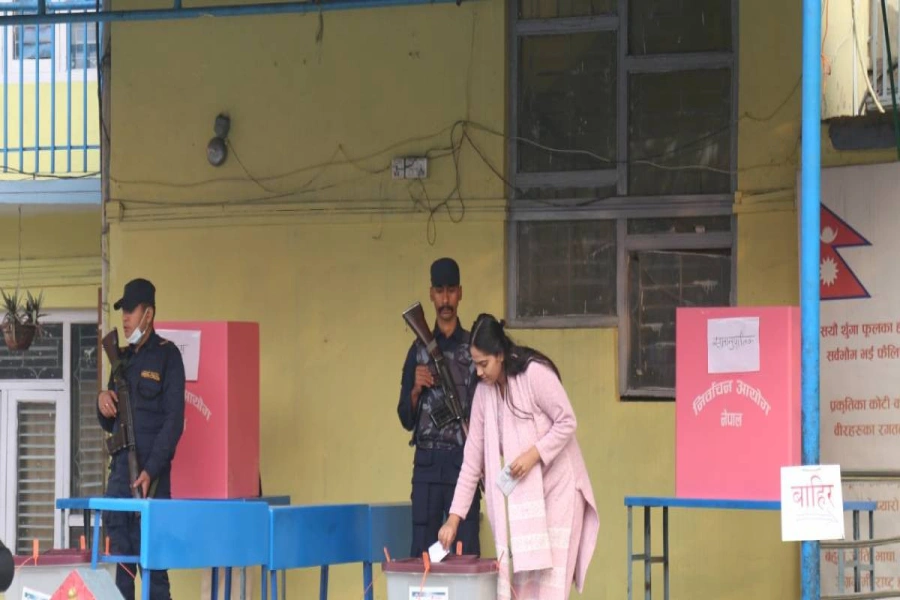WASHINGTON DC, Aug 18: The US has ended funding for stabilization projects in Syria, as President Trump looks to withdraw from the long-running conflict. The move comes as allies step up their contributions.
The US State Department said on Friday that some $230 million in funding for stabilizing Syria have been redirected elsewhere. The funding had been promised by former Secretary of State Rex Tillerson in February, but had been placed under review and frozen since then.
State Department Press Secretary Heather Nauert said that the withdrawal of funding comes on the back of military successes against the terrorist group Islamic State (ISIS), and as America’s coalition allies have increased their contributions.Following US intervention, and later Russian intervention in 2015, ISIS has lost roughly 98 percent of its territory throughout Syria and Iraq, and is now estimated to control only 400 square miles of desert.
America’s coalition allies in the Syrian conflict contribute $300 million to stabilization efforts. Saudi Arabia announced on Thursday that it would chip in $100 million to support the stabilization of the war torn country. Brett McGurk, an envoy for the Global Coalition to Counter ISIS, told reporters that this funding “not only offsets what the US Government was going to spend but actually increases the amount.”
As the US takes away its own contribution, Nauert said that “stabilization and early recovery programming is critical to ensure ISIS cannot reemerge and use Syria as a base to threaten the people of the region or plot attacks against the international community.”
US announces Syria-Israel truce as new clashes rock Druze heart...

‘Final phase’ and ‘strategic goals’
The withdrawal of stabilization money does not mean a reduction of American presence in Syria. On the contrary, McGurk said preparations are under way for a “final phase” of the offensive against ISIS.
Trump has often stated a desire to extricate the US from the Syrian conflict. While he has ordered airstrikes on Syrian government targets, he promised in March that the US would “be coming out of Syria, like very soon,” and that the US would “let other people take care of it.”Trump campaigned on ending the US’ role as the ‘world’s policeman,’ and had repeatedly warned his predecessor, Barack Obama, against intervention in Syria. He warned that intervention would be costly and had “no upside and tremendous downside.”
But in April, Defense Secretary James Mattis said the US would be deepening its involvement in Syria.
As the Trump administration continues to flirt with the idea of leaving Syria, Nauert told reporters that "This decision does not represent any lessening of US commitment to our strategic goals in Syria,"which remain the military defeat of ISIS, and now involve ensuring the withdrawal of Iranian-sponsored, pro-Assad forces.
Nauert also said that Friday’s decision would not affect humanitarian assistance to Syria, or US support for the White Helmets, an ostensibly humanitarian civil-defense group that has been accused of working with extremist groups.
Enter Russia
In the US, the decision to pull stabilization support was met with criticism from some Democrats, who predictably deployed the Russian boogeyman to make their point.
Senator Bob Menendez (D-New Jersey) accused Trump of “rolling out the red carpet for Russia and Iran, who will seize the vacuum of US presence and assistance to double down on their support of the Assad regime.”
Russian forces have been providing military support to the Assad government, and have contributed to the fight against ISIS in Syria. After a bilateral summit in July, Trump and Russian President Vladimir Putin vowed to work together to resolve the Syrian conflict.
Beginning in 2011 when the Assad government quashed protests calling for his removal from power, the Syrian Civil War has grown into a multi-sided conflict that has pitted Assad and his allies against a hydra-headed gaggle of anti-government forces and extremist groups, some of whom are sponsored by the US. The US’ mission in Syria primarily involves carrying out airstrikes against ISIS targets, and providing support to Kurdish and anti-Assad fighters.





































